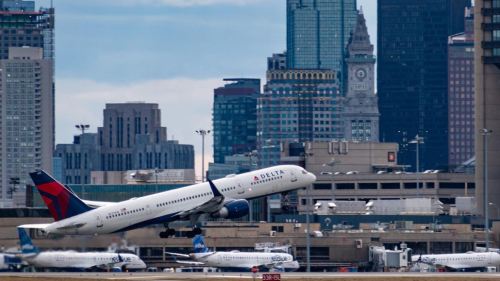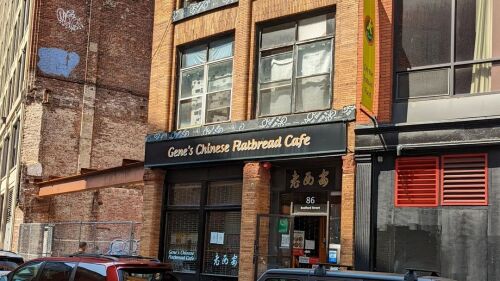Do you ever dream of going off the grid and starting a homestead with your friends or family? If yolk can believe it, depending on your neighborhood + if you have a backyard, you can have up to six chickens.
On average, four chickens can produce up to two dozen eggs per week. The average price of eggs in the Bay State is $5.20, so while it might not seem like much to help support your latte fix — if you had chickens you could hypothetically save ~$270 a year.
Don’t just wing it — here are a few eggs-pectations if you want to consider having backyard chickens.
The City of Boston passed Article 89 in 2013, resulting in the legalization of urban farming. City dwellers can house up to six female chickens (hens) in their backyard with approved permits, while male chickens (roosters) are prohibited.
Like any animal, you will need to provide shelter and nutrition for the chickens. The MSCPA has resources for appropriate feed and a handy checklist of essentials, if urban farming is on your 2024 bingo card.
Your coop must remain in your backyard, and not exceed eight-ft in height. Bonus: New England-based Coops for Cause also provides custom-built coops to meet your space requirements while protecting your chickens year-round.
There are specific chicken breeds that do well in our climate, including Penciled, Hy-Liners, and Rhode Island Reds.
Best of cluck.











